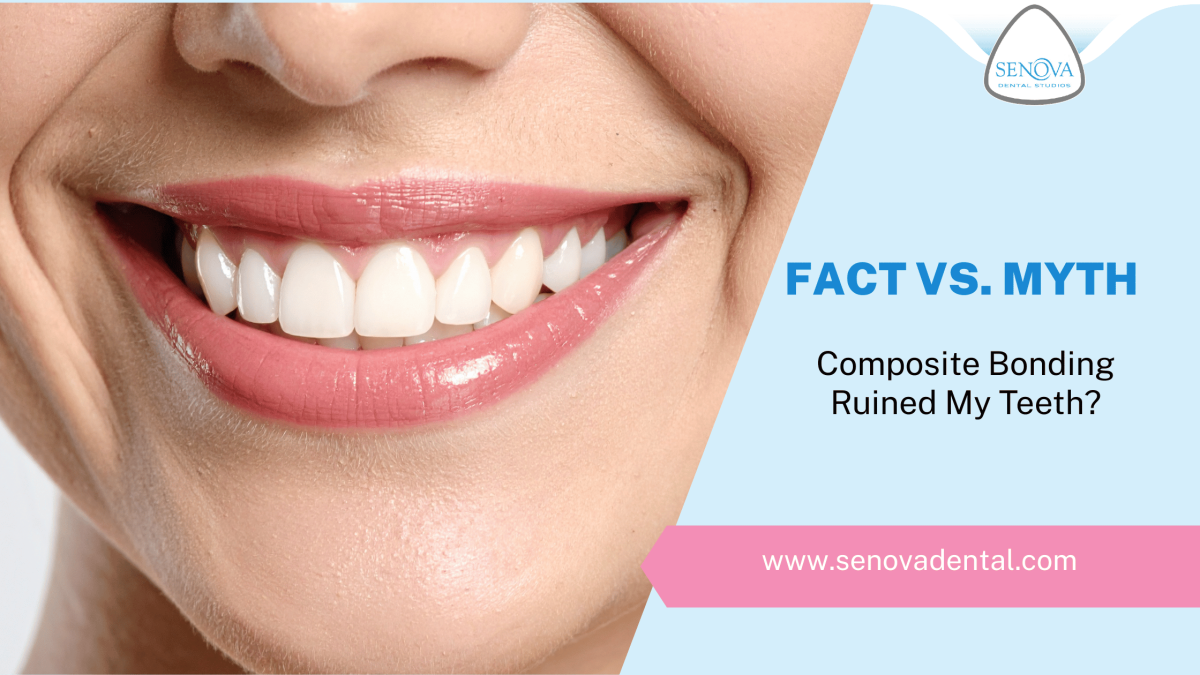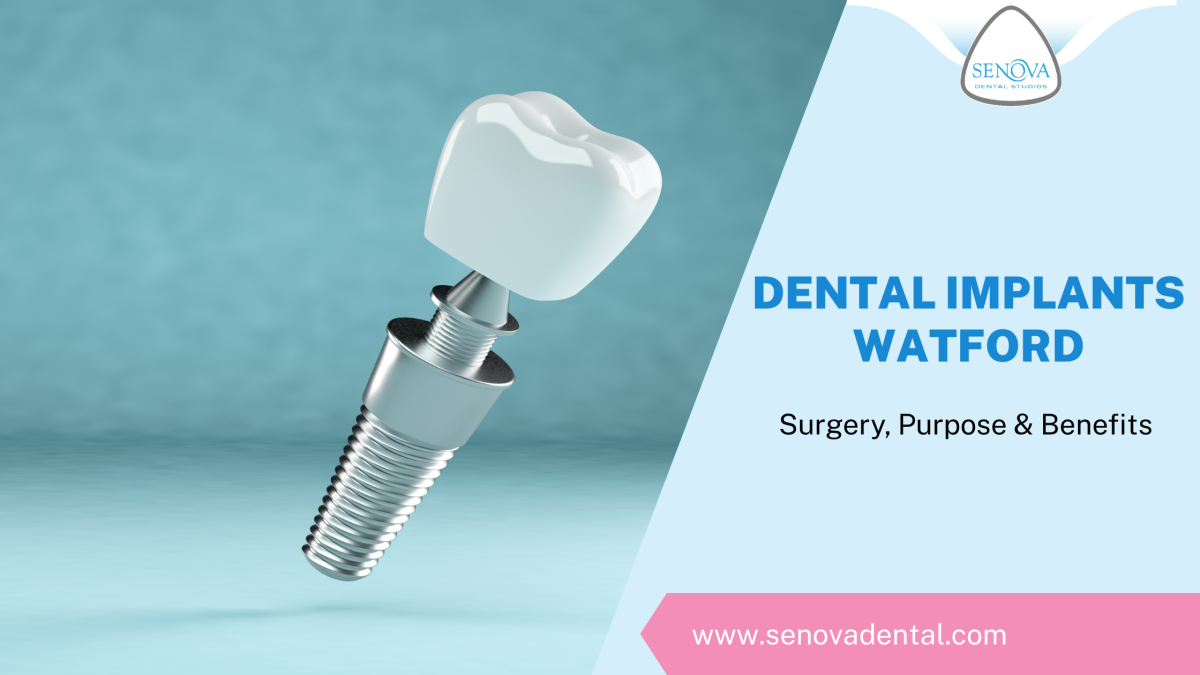
A dental emergency can occur anywhere, anytime. When it comes to dental emergencies, it is important to know what to do if someone is experiencing one. Knowing what to do in the case of a dental emergency can make the difference between saving and losing a tooth. This blog provides a comprehensive guide on dental emergencies and how to manage them. So, read till the end to learn everything you need to know about emergency dentistry.
What Is An Emergency Dentist?
An emergency dentist is a dental professional who is trained in handling all kinds of dental emergencies. Emergency dentists undergo an additional 3 – 4 years of training to become specialists in emergency dental care. They are trained to identify dental issues that may prove life-threatening and provide immediate, life-saving treatment.
How To Determine If You Need Emergency Dental Work?
According to the American Dental Association, dental emergencies are potentially life-threatening conditions that require immediate treatment to alleviate pain, severe infection, or uncontrolled bleeding. So, if you or a loved one is suffering from any condition involving the above three, they should consider it an emergency and visit their dentist or a nearby ER right away.
When Should I Visit An Emergency Dentist?
Not all tooth-related injuries or infections require emergency dental care. Broadly, you only need to see an emergency dentist if you have any of the following:
- Severe, persistent pain that doesn’t go away after taking pain medication
- Severe infection or swelling in the oral region with high-grade fever that compresses the oral cavity, resulting in compromised breathing
- Uncontrolled bleeding
What Are Some First Aid Steps For Knocked-Out Teeth?
In many cases, knocked-out teeth can be saved with timely action. The NHS recommends If someone has a knocked-out tooth, they should hold it by the crown (the chewing side) and wash it gently with water. Next, they should try to re-insert the tooth into its socket while applying gentle pressure.
One should not apply excessive pressure if the tooth cannot be reseated. In such cases, you should preserve the tooth and call your dentist for an emergency appointment. The tooth can be safely preserved by placing it between one’s own cheeks so that it remains constantly bathed by the saliva. If that is not possible, you can preserve that tooth in a milk jar.
The important thing is that the sooner you visit your dentist for the re-implantation of the tooth, the higher the chances that the knocked-out tooth can be saved.
What Is The Need Of Emergency Dentist Services?
Emergency dental services are required to manage conditions that may prove life-threatening if timely treatment is not sought. If you’re not sure whether you have a dental problem that requires emergency treatment, you should call your dentist immediately for guidance.
Can You Go To Any Emergency Dentist?
If you have a dental emergency at home, it’s best to consult with your family dentist for emergency services. However, if you’re out of town, you can visit any dentist providing emergency dental care. In case an emergency dentist is not available in your area, you should visit your nearby ER for treatment.
What Is Involved In Emergency Dentistry Treatment?
Emergency dental treatment involves identifying the problem and treating it. For example, if there is uncontrolled bleeding due to an injury, your dentist will first locate the site of the injury and determine the extent of the damage.
Afterwards, they will provide appropriate treatment. Similarly, if someone is having unbearable pain due to pulp inflammation, the emergency dentist will perform a detailed clinical examination and look at the X-ray images of the affected tooth. Afterwards, they will perform root canal treatment to relieve the pain and remove the inflamed pulp.
How Does An Emergency Dentist Differ From A General Dentist?
Both general dentists and emergency dentists are licensed dental professionals. However, an emergency dentist undergoes additional training in treating acute dental problems that require immediate intervention and care.
What Conditions Are Treated Under Urgent Dental Care?
Emergency dentists are trained to treat various conditions. Some of these include:
- Knocked-out or fractured teeth
- Broken filling or dislodged crown/bridge
- Severe dental infections
- Uncontrolled bleeding
- A broken orthodontic wire can injure the soft tissues
- An inhaled orthodontic bracket, wire or a restoration
How Quickly Should I See A Dentist After A Dental Emergency?
One must see their dentist immediately in the case of an emergency. This is because the chances of complete recovery or saving the affected tooth are higher when treatment is sought timely manner. This is why it is important to have the contact information of your dentist in case of an emergency.
What You Need To Do In A Dental Emergency?
Management of dental emergencies depends on their underlying cause. First, you should try to minimise further damage. For example, if you have uncontrolled bleeding, place a clean cloth over the affected tooth and bite on it. This will help control the bleeding. Similarly, if you have a knocked-out tooth, you should try to reseat it or take measures to preserve it. Once you have taken immediate preventive measures, you should call your dentist immediately for an emergency appointment.
How To Find The Right Emergency Dentist In Watford?
When finding the right emergency dentist in Watford, here are a few things you should keep in mind:
- Go with a dental practice that provides round-the-clock emergency services
- Make sure that the dentist is sufficiently skilled to provide emergency treatment
- Check the dentist’s reviews online and go with a practice with a 5-star rating
If you’re looking for a reliable emergency dental practice in Watford, you should consider Senova Dental Studios. We have a team of dentists providing high-quality emergency dental care. Download a voucher now for a refund of your initial assessment fee-worth £85. We look forward to serving you.
- What Is Composite Bonding? - November 25, 2025
- Emergency Dentistry: When To Seek Emergency Dental Treatment? - October 31, 2025
- Dental Implants Watford: Surgery, Purpose & Benefits - August 31, 2025




